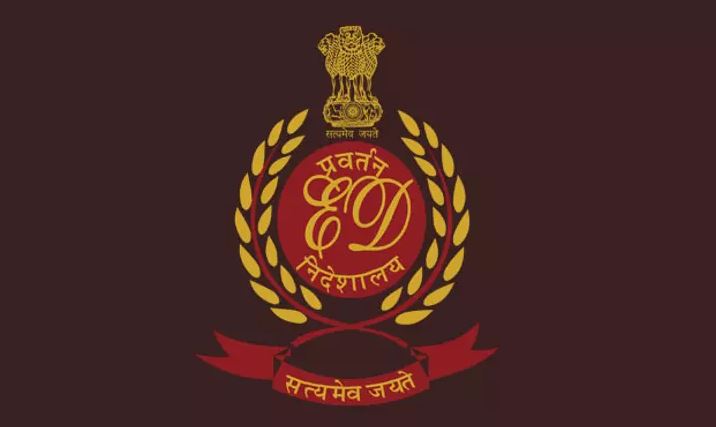Ranchi: The Enforcement Directorate has written to the Jharkhand government alleging it is trying to “usurp” the powers of the Centre and saying that it has no “locus standi” in money laundering investigations.
The development comes after a top bureaucrat of Jharkhand wrote to an ED investigator seeking reasons to summon an IAS officer and some others as part of a probe.
The federal agency’s terse letter to Vandana Dalel, the principal secretary (cabinet secretariat and vigilance) of the Jharkhand government, was sent on Wednesday in response to a letter she sent to the investigating officer based at its zonal office in state capital Ranchi.
Dalel had sought information from the ED’s investigating officer (IO) about a money laundering case in which the agency has summoned IAS officer and Sahibganj deputy commissioner Ram Nivas Yadav and some others. The agency had raided these people in connection with an alleged illegal mining case early this month.
Dalel’s letter to the ED was sent in the wake of the Jharkhand cabinet approving guidelines last week making it mandatory for Jharkhand bureaucrats to inform the state cabinet secretariat and vigilance department through departmental heads about notices and summons received from central government agencies like the ED, the CBI and the Income-Tax department.
The decision came at a time when the ED is investigating multiple money laundering investigations against high-profile bureaucrats and politicians including Chief Minister Hemant Soren.
The ED IO, as per contents accessed by PTI, wrote to the principal secretary saying the order passed by the state cabinet and communicated to the agency by her was “beyond the legal competence of state government”.
It warned her that the agency “will not hesitate” to file a criminal case against anyone who abets or conspires to abet the offence of disobedience of summons.
The IO informed Dalel that the summons were not issued “personally” to her but to the named persons and wondered why was she “interfering” in the issue.
“It is pertinent to mention here that the investigating officer is not legally allowed to share any information about ongoing investigation under the Prevention of Money Laundering Act with your office as you are not authorised under the provisions of the PMLA either to intervene in ongoing investigation or to obtain details of ongoing investigation,” the IO wrote.
He said any order or administrative instruction was “not applicable or binding to the probe officer who derived its powers to investigate the offence of money laundering under the PMLA, an Act enacted by the Parliament of India.”
“It is amply clear from provisions of section 52 and section 73 of PMLA that the state government has no locus standi to either issue any direction of frame any rule either to carry out investigation under the PMLA or to interfere in the scope of PMLA,” the IO wrote.
The ED officer told Dalel that it was “sincerely hoped and expected that wiser counsel shall prevail upon you so that you may refrain from taking any illegal action as discussed above thereby leaving no option for the authorised officer under the PMLA to institute appropriate proceedings including criminal proceedings as stated above.”
The IO also asked the top bureaucrat to intimate him the name of authority who authorised her to send this communication to the agency and obtain sensitive information about an ongoing investigation.
“It is amply clear from the content of your communication that you are trying to usurp power of the central government under section 52 (of PMLA) as per which the central government can issue directions for proper administration of the PMLA…”, the IO stated.
The ED officer told Dalel that while the agency will not share any information with her or the state government, she may “like to educate the IO about the legal provisions which allow her to issue directions for administration of PMLA as well as to influence the statement and submission of documents by the persons summoned…”
PTI
